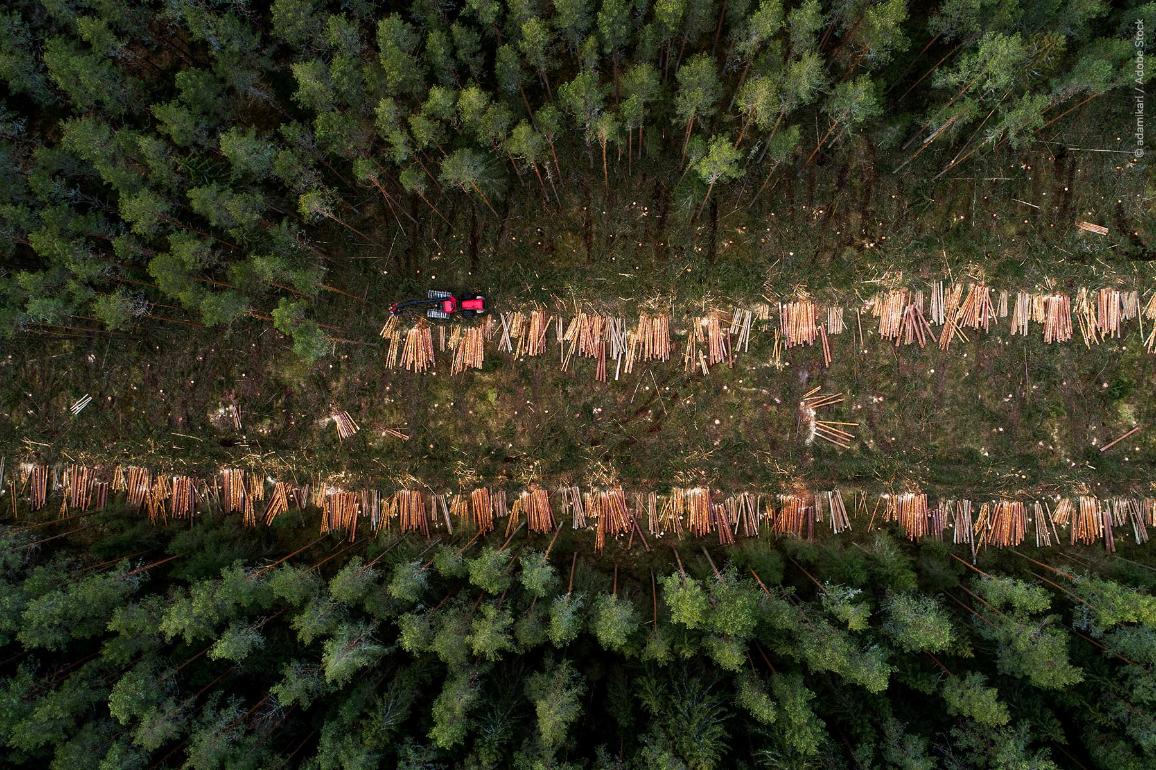Deforestation law: Parliament gives companies extra year to comply
- New rules to apply from 30 December 2025 instead of 2024
- Commission committed to look into reducing administrative requirements for companies
- An area larger than the EU was lost to deforestation between 1990 and 2020
Companies will have one more year to comply with new EU rules to prevent deforestation that will ban the sale in the EU of products sourced from deforested land.
Parliament adopted the provisional political agreement with the Council to delay the application of the new rules with 546 votes to 97 and 7 abstentions.
Large operators and traders will now have to respect the obligations of this regulation as of 30 December 2025, and micro- and small enterprises from 30 June 2026. This additional time is intended to help companies around the world implement the rules more smoothly from the date of application, without undermining the objectives of the law.
The Commission proposed postponing the application date of the deforestation regulation by one year in response to concerns raised by EU member states, non-EU countries, traders and operators that they would not be able to fully comply with the rules if applied from the end of 2024.
Following requests from Parliament, the Commission has committed to ensuring both the information system for operators and traders and the proposal for the risk classification of countries and regions will be available as soon as possible, and at the latest by 30 June 2025. With a general review of the regulation expected no later than 30 June 2028, the Commission will analyse additional measures to simplify and reduce the administrative burden for companies.
Quote
Following the vote, Parliament’s rapporteur Christine Schneider (EPP, DE) said: “We promised and we have delivered. We paid attention to the calls of several sectors facing difficulties and ensured that affected businesses, foresters, farmers and authorities will have an additional year to prepare. This time must be used effectively to ensure that the measures announced in the Commission's binding declaration, including the online platform and risk categorisation, are consistently implemented to create more predictability throughout the supply chain. An impact assessment and further simplification will follow in the review stage for low risk countries or regions, providing countries with an extra incentive to improve their forest conservation practices.
“Parliament will closely monitor the process to reduce bureaucracy and ensure that the Commission’s words are followed by actions. Our goal remains clear: stakeholders and consumers must not be negatively impacted by the implementation of this regulation.”
Next steps
Before the one-year delay can enter into force, the agreed text also has to be endorsed by the Council and published in the EU Official Journal before the end of 2024.
Background
The UN Food and Agriculture Organization (FAO) estimates that 420 million hectares of forest — an area larger than the EU — were lost to deforestation between 1990 and 2020. EU consumption represents around 10% of global deforestation, of which more than two thirds comes from palm oil and soya production.
The deforestation regulation, adopted by Parliament on 19 April 2023, aims to fight climate change and biodiversity loss by preventing deforestation related to EU consumption of products from cattle, cocoa, coffee, palm-oil, soya, wood, rubber, charcoal and printed paper.
Teagmhálacha:
-
Thomas HAAHR
Press Officer
